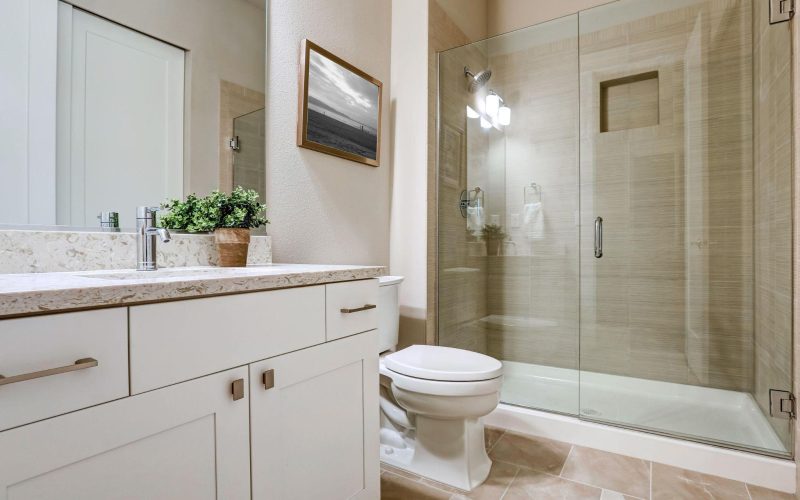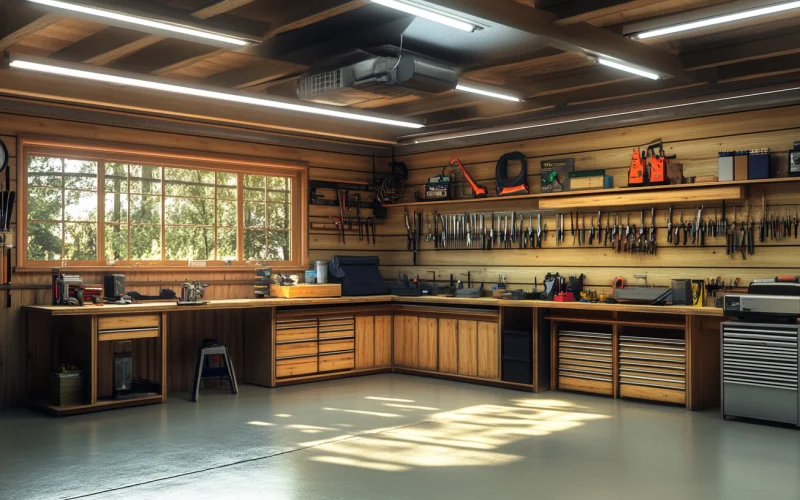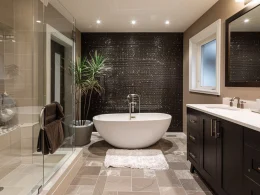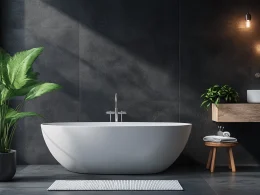Gone are the days when a bathtub was the undisputed king of the bathroom. As lifestyle trends shift and homeowners prioritize functionality and modern aesthetics, many are faced with a pivotal question: Should I convert my tub to a shower?
This decision, while seemingly simple, can have far-reaching implications for your home’s value, your daily routine, and even your family dynamics. Many remodeling companies even offer a one day tub to shower conversion service. Let’s dive into the world of tub-to-shower conversions and explore what you need to know before taking the plunge.
The Allure of the Shower
In recent years, showers have gained immense popularity, and for good reason. They offer a quick, efficient way to get clean, often using less water than a traditional bath. For busy professionals or families with hectic schedules, a shower can be a time-saving godsend. Moreover, modern shower designs can transform a mundane bathroom into a spa-like retreat, complete with rainfall shower heads, body jets, and sleek glass enclosures.
But before you start demolishing your tub, it’s crucial to weigh all aspects of this renovation. Let’s break down the key factors to consider:
Space Considerations
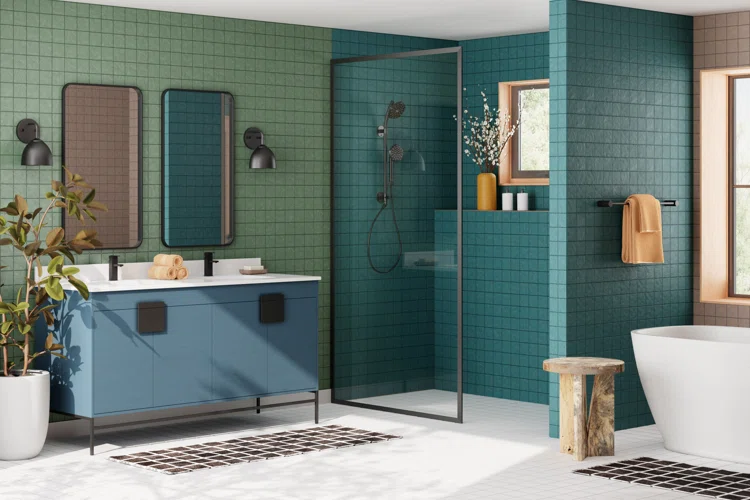
One of the primary reasons homeowners opt for a tub-to-shower conversion is to maximize space. Showers, especially walk-in models, can make a small bathroom feel more open and spacious. If you’re working with limited square footage, replacing a bulky tub with a streamlined shower can be a game-changer.
However, it’s important to consider the layout of your bathroom carefully. Will removing the tub allow for a larger shower, or will you end up with awkward, unused space? In some cases, a tub-shower combo might be the most efficient use of the available area.
Lifestyle and Family Needs
Your daily routines and family composition play a significant role in this decision. If you have young children or pets, a tub might be essential for bathing. On the other hand, if you’re an empty-nester or live alone, a luxurious shower might better suit your lifestyle.
Cost Implications
Tub-to-shower conversions can vary widely in cost, depending on the complexity of the project and the materials chosen. Simple conversions might be relatively affordable, while high-end custom showers with premium features can be quite expensive.
Factor in not just the immediate renovation costs, but also potential long-term savings. Showers typically use less water than baths, which could lead to lower utility bills. However, if you’re installing multiple shower heads or body sprays, those water savings might be negated.
Plumbing Considerations
Before committing to a conversion, have a professional assess your plumbing system. Converting a tub to a shower might require relocating drains or adjusting water supply lines. In older homes, this could uncover hidden issues or necessitate more extensive plumbing work, potentially increasing the project’s scope and cost.
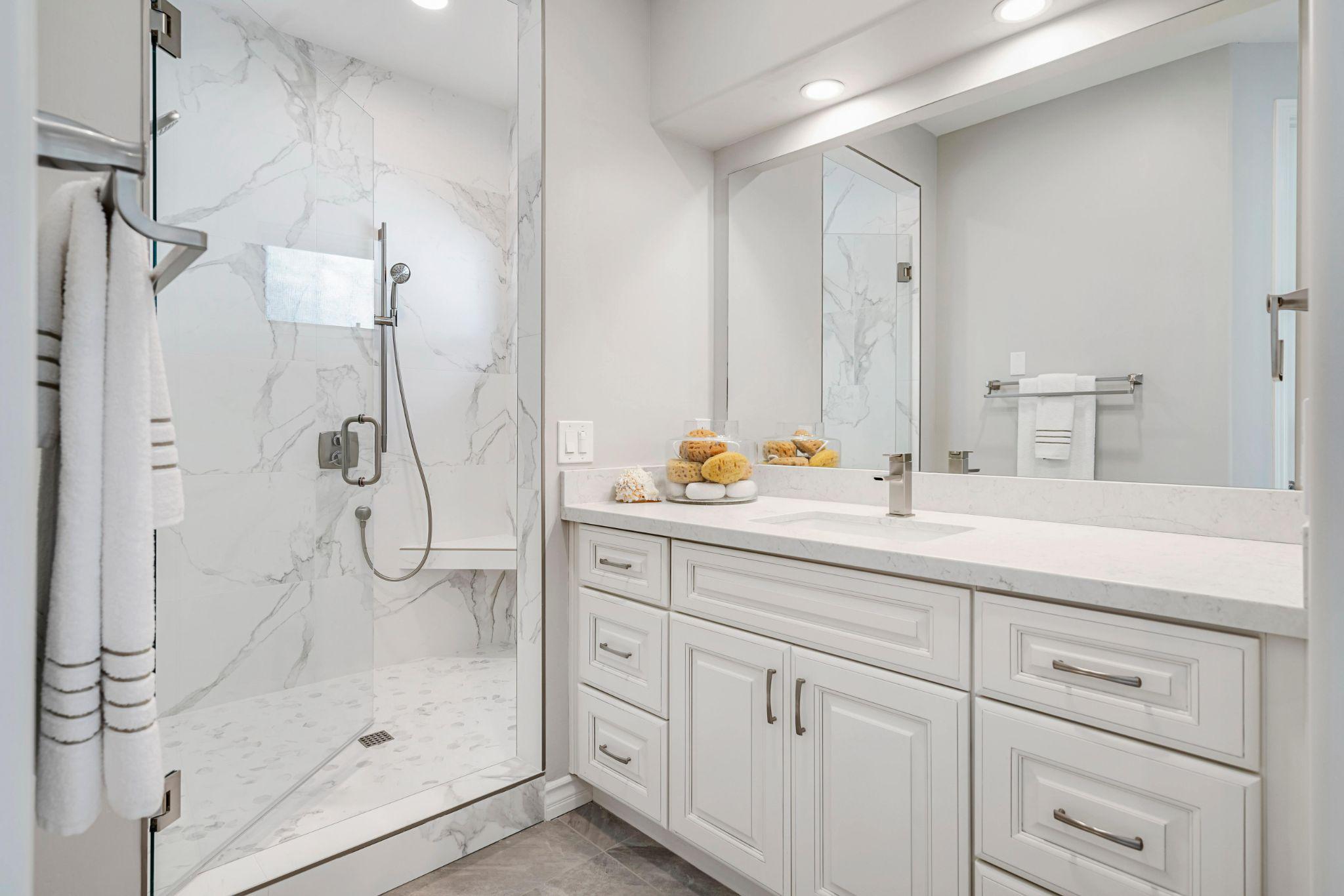
Design and Aesthetics
A tub-to-shower conversion offers an opportunity to revamp your bathroom’s entire look. Consider how the new shower will fit with the overall aesthetic of your space. Will you need to re-tile the entire bathroom to maintain a cohesive look? How will the conversion affect the layout and flow of the room?
Modern showers offer a wealth of design options, from minimalist glass enclosures to bold, tiled statement walls. This is your chance to create a bathroom that truly reflects your personal style.
Maintenance and Cleaning
While both tubs and showers require regular cleaning, many find showers easier to maintain. There’s no need to scrub a large tub surface, and modern shower materials like glass and non-porous tiles can be relatively low-maintenance.
However, consider the specific design elements of your planned shower. Features like multiple shower heads or intricate tilework might actually increase cleaning time and effort.
Relaxation Factor
While showers are efficient, some argue that they lack the relaxation factor of a good soak in the tub. If you regularly use your bathtub to unwind after a long day, switching to a shower-only setup might impact your relaxation routine. That said, modern shower systems with features like steam generators, built-in seating, and hydrotherapy jets can offer a different, but equally relaxing, experience.
Renovation Timeline
Finally, consider the time it will take to complete the conversion. A tub-to-shower renovation can typically be completed more quickly than a full bathroom remodel, but it will still render your bathroom unusable for a period of time. If it’s your only bathroom, you’ll need to plan accordingly.
Making the Final Decision
Ultimately, the decision to convert your tub to a shower is a personal one that depends on your specific circumstances, preferences, and long-term plans. A well-planned tub-to-shower conversion can add value to your home, improve your daily routine, and create a more functional, beautiful bathroom space.
But it’s equally important to ensure that the change aligns with your lifestyle needs and future plans. Weigh the pros and cons carefully, consult with professionals, and don’t rush the decision.





